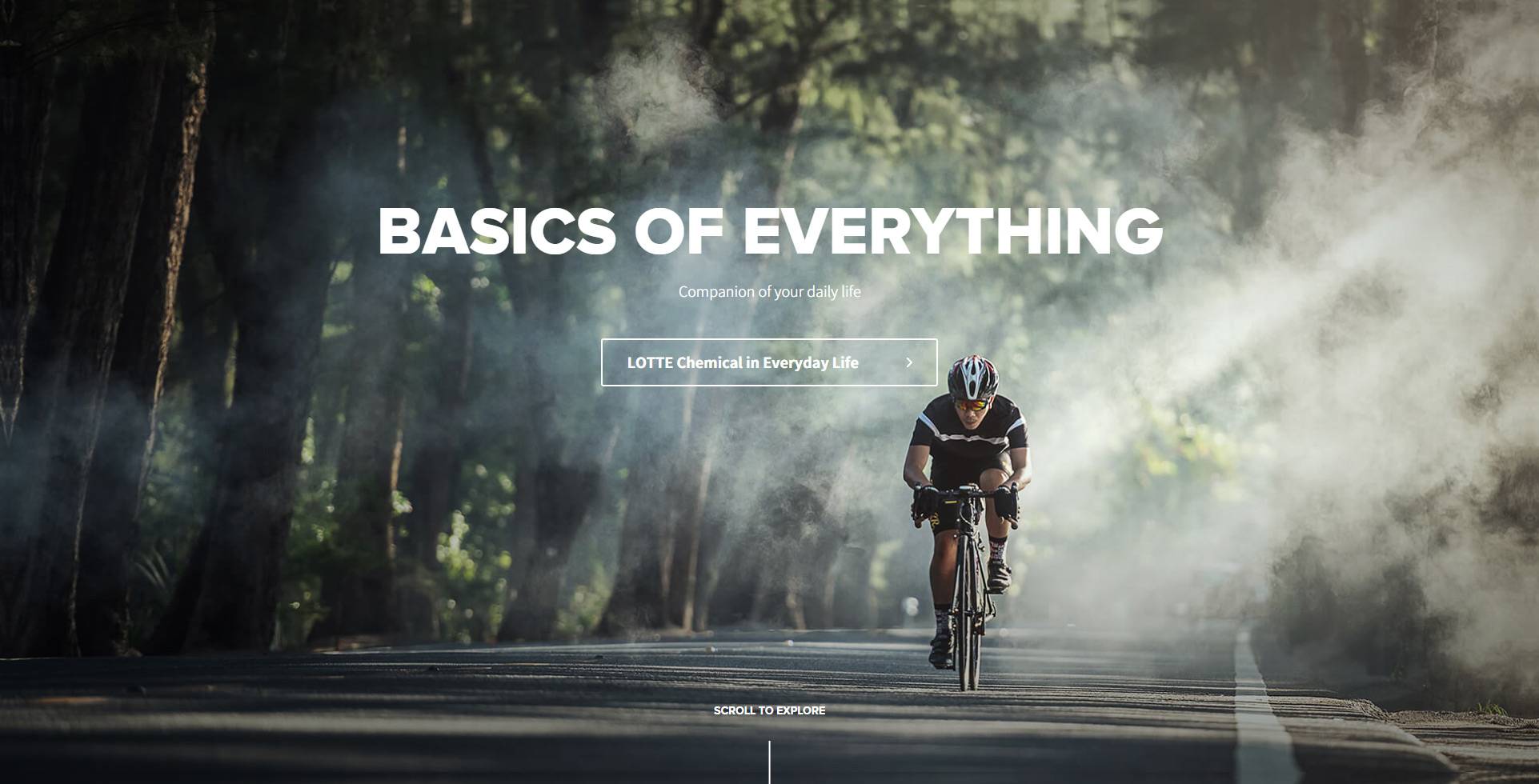Sep . 22, 2024 09:44 Back to list
ppr pipe
Understanding PPR Pipes Benefits and Applications
PPR pipes, or Polypropylene Random Copolymer pipes, have gained significant popularity in various plumbing and piping applications due to their robust characteristics and advantageous properties. These pipes, known for their excellent corrosion resistance, lightweight nature, and ease of installation, are becoming the preferred choice for many residential, commercial, and industrial applications.
What are PPR Pipes?
PPR pipes are made from a type of thermoplastic polymer called polypropylene. This material is known for its versatile properties, including high chemical resistance, low thermal conductivity, and a smooth inner surface that minimizes friction. These attributes make PPR pipes suitable for transporting potable water, heating systems, and industrial fluids.
Key Benefits of PPR Pipes
1. Corrosion Resistance Unlike metal pipes, PPR pipes do not rust or corrode. This significantly extends their lifespan, making them a cost-effective choice for long-term installations.
2. Lightweight and Easy to Handle PPR pipes are considerably lighter than traditional materials like PVC or metal. This reduces transportation costs and simplifies handling and installation, allowing for quicker project completion times.
3. Thermal Insulation PPR pipes have a low thermal conductivity, which helps maintain the temperature of liquids being transported. This property is particularly beneficial in hot and cold water systems, as it reduces heat loss.
4. Durability With a high resistance to impact and pressure, PPR pipes can withstand harsh conditions and are less likely to break or deform compared to other pipe materials.
ppr pipe

5. Health and Safety PPR pipes are non-toxic and safe for drinking water applications. They do not leach harmful chemicals, ensuring that water quality remains uncontaminated.
6. Environmentally Friendly PPR is 100% recyclable, making it an eco-friendly choice. The manufacturing process also does not involve toxic chemicals, contributing to a greener environment.
Applications of PPR Pipes
PPR pipes are widely used in a variety of applications, including
- Residential Plumbing They are ideal for both hot and cold-water supply systems in homes due to their durability and corrosion resistance. - Industrial Uses PPR pipes are employed in various industrial applications for transporting chemicals and fluids, thanks to their chemical resistance.
- Heating Systems Their thermal insulation properties make them suitable for underfloor heating systems and central heating installations.
- Agricultural Applications PPR pipes are also utilized in irrigation systems, providing efficient water distribution for farming.
Conclusion
In conclusion, PPR pipes represent a modern solution for various piping needs. Their combination of strength, versatility, and safety makes them an excellent choice for countless applications, ranging from residential plumbing to industrial use. As more people and businesses recognize the benefits of PPR pipes, their adoption in new projects is expected to grow, further solidifying their place in the piping industry. Transitioning to PPR pipes could be a step towards more efficient, long-lasting, and environmentally friendly plumbing systems.
-
Durable PP Rigid Sheet: Lightweight, Chemical Resistant Solutions
NewsAug.21,2025
-
PVC Grey Sheet for Extraction: Chemical Resistant & Durable
NewsAug.19,2025
-
Durable PVC Pipe Fittings for Plumbing & Irrigation Needs
NewsAug.18,2025
-
HDPE Steel Belt Reinforced Spiral Corrugated Pipe | High Strength
NewsAug.17,2025
-
HDPE Pipe Fittings: Durable, Leak-Proof Solutions
NewsAug.16,2025
-
Premium CPVC Sheet: High-Temp & Chemical Resistant Solutions
NewsAug.15,2025

